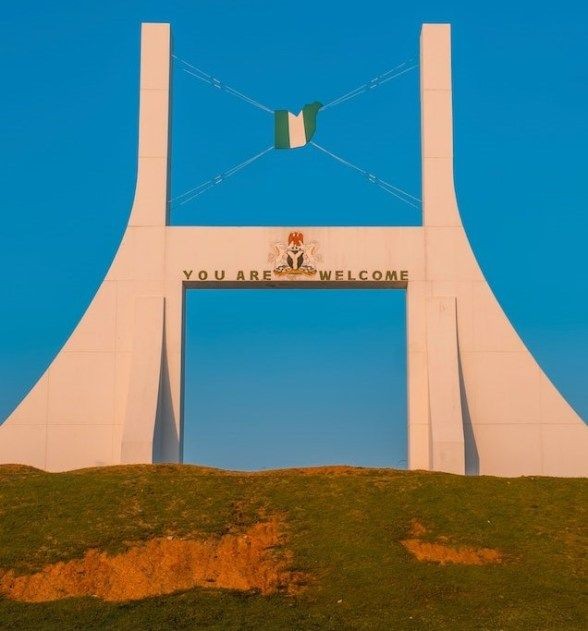ObserversLook Says Nigeria Is Going Downhill
Recent events in Nigeria have highlighted the challenges facing the nation, particularly in terms of economic hardship and food security.
The looting of a warehouse belonging to the Federal Capital Territory (FCT) Department of Agriculture in Abuja is just one example of the desperation felt by many Nigerians grappling with soaring prices of commodities. This incident, coupled with protests in various states over the high cost of living, paints a grim picture of the current situation in the country.
Nigerians have been groaning over hardship and soaring prices of commodities, a situation exacerbated by government policies such as the removal of petrol subsidy and unification of the forex rate. In some states, protests have erupted over the unbearable hardship faced by many due to the high cost of commodities, especially food items. Residents of Suleja in Niger State, Minna in Niger State, and Ibadan in Oyo State have taken to the streets to register their displeasure, calling for an end to the hardship.
Furthermore, the Economic and Financial Crimes Commission (EFCC) recently intercepted 21 trucks suspected of smuggling food and non-food items out of the country. This development raises concerns about the state of food security in Nigeria and the need for stricter measures to curb smuggling activities.
A market survey conducted in Mararaba, an Abuja satellite town in Nasarawa State, revealed a significant increase in the prices of food items such as Indomie, groundnut oil, and Irish potatoes. This surge in prices has further exacerbated the plight of Nigerians already struggling to make ends meet.
Moreover, the departure of businesses like Binance, Lazarpay, GlaxoSmithKline Consumer Nigeria, and Procter & Gamble from Nigeria has raised questions about the impact of the country’s economic policies on businesses and the overall economy. These exits highlight the challenges faced by businesses in Nigeria and the need for the government to reassess its policies to create a conducive environment for economic growth.
In response to public outcry, President Bola Tinubu has acknowledged the hardship faced by Nigerians and has introduced several palliative measures and other actions to address the situation. However, many Nigerians continue to express their displeasure over the economic hardship in the country, calling for more decisive action from the government.
In conclusion, the current situation in Nigeria is dire, with many Nigerians facing economic hardship and food insecurity. The government must take urgent and decisive action to address these challenges and create a conducive environment for economic growth and development.

Leave a Reply
You must be logged in to post a comment.